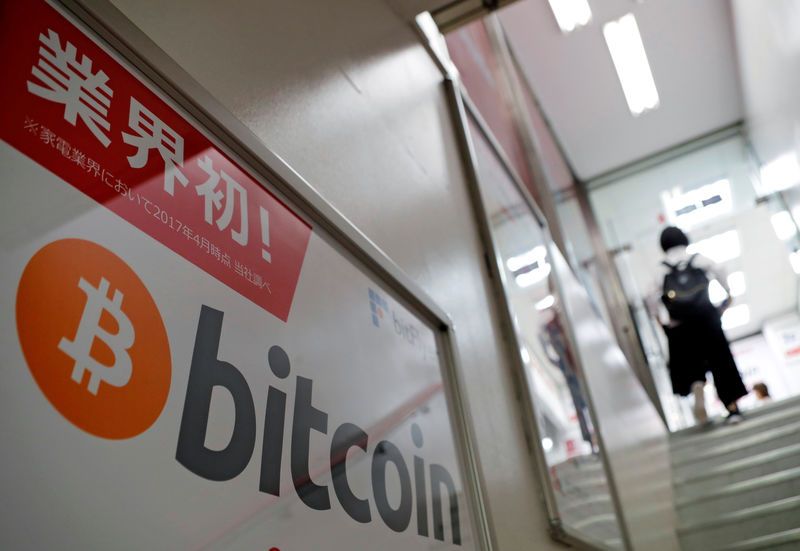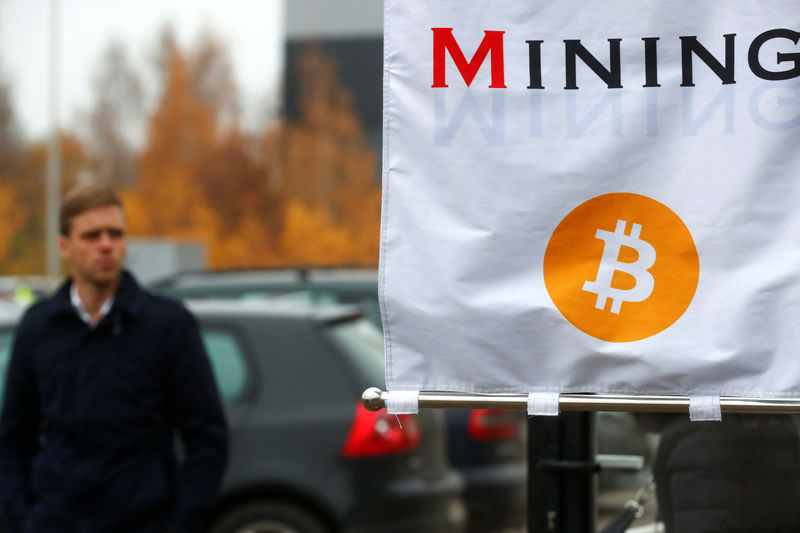U.Today – According to on-chain data, a long-dormant wallet has been reactivated after 11.4 years. Crypto data tracker Whale Alert claimed: “A dormant address containing 54 BTC ($3,274,741) has just been activated after 11.4 years (worth $10,174 in 2013).”
In 2013, these bitcoins were worth around $10,174. Today, their value has skyrocketed to a staggering $3,274,741, which is a massive gain of 32,087%.
The sudden reactivation of this wallet has sparked curiosity and speculation. Why did the owner decide to revive it now, after more than a decade of inactivity? The timing and reasons behind the sudden activation remain unknown, adding to the already intriguing story.
Inactive Bitcoin wallets are often believed to belong to early Bitcoin adopters or miners.
The identity of the wallet's owner remains unknown, however, but the sudden activation has given rise to several speculations. It could be an early user who decided to cash in on the huge profits; it could also be a forgotten wallet that was recently rediscovered, or perhaps the owner decided to transfer the funds to a more secure wallet.
Bitcoin recovers $61,000
At the time of writing, BTC was up 0.35% over the past 24 hours to $61,048 after hitting intraday highs of $61,435. Over the past few days, bulls and bears have engaged in a fierce battle over Bitcoin price to push BTC beyond the daily 50 Simple Moving Average (SMA) at $61,436.
The cryptocurrency market is trading higher over the past 24 hours as investors await crucial comments from Fed Chairman Jerome Powell.
Powell is scheduled to deliver a highly anticipated speech at Jackson Hole on Friday, with market participants awaiting further details on the US central bank's interest rate cut plans.
Earlier this week, minutes from the Federal Reserve's July meeting revealed that the “vast majority” of central bank officials “noted that, if data continued to come in as expected, it would likely be appropriate to ease policy at the next meeting.”
This article was originally published on U.Today










